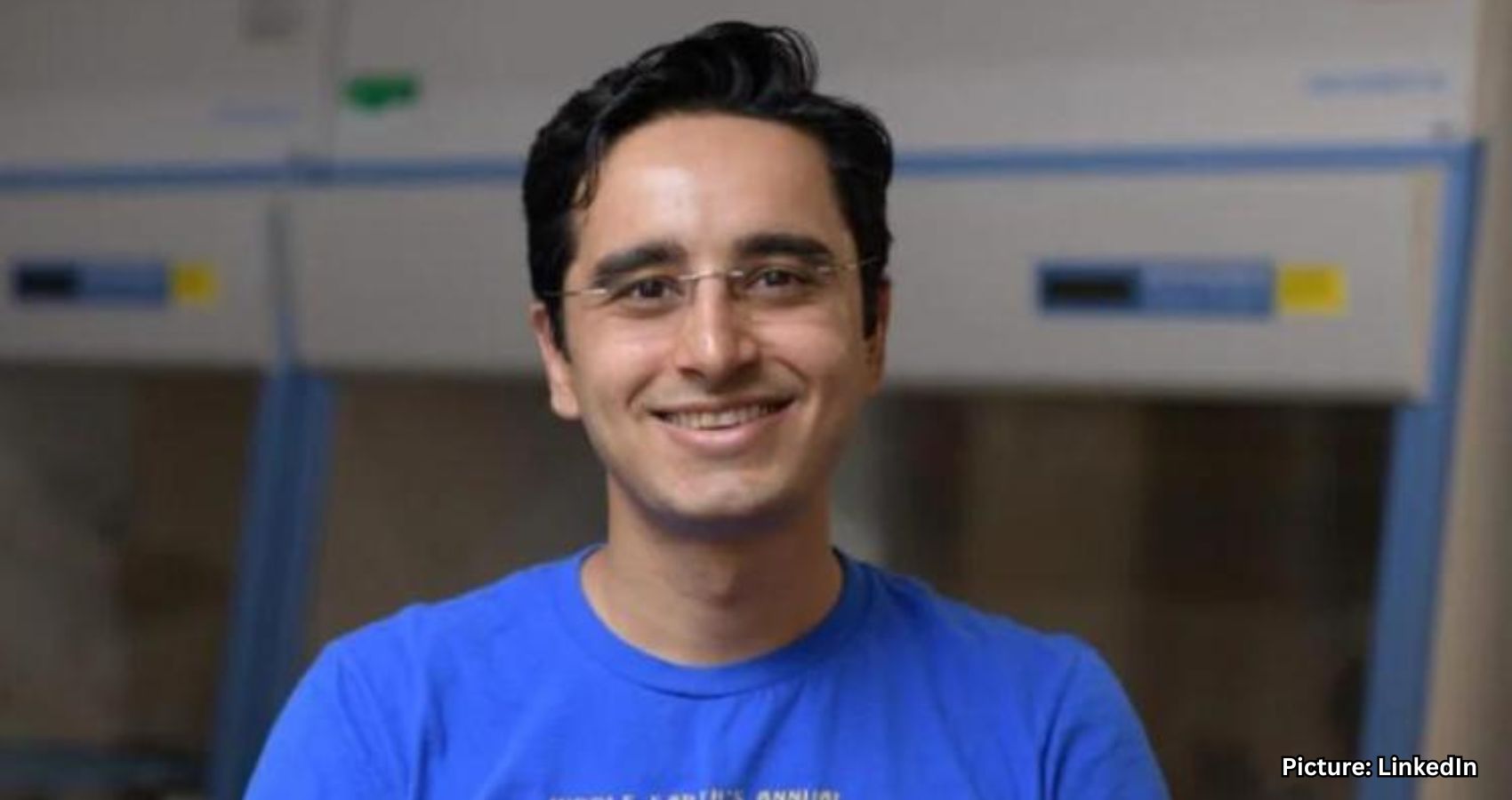Indian American scientists Arvind Murugan and Saad Bhamla have been named Schmidt Polymaths, receiving funding to pursue innovative research across various disciplines.
Two Indian American scientists, Arvind Murugan and Saad Bhamla, have been honored as Schmidt Polymaths, joining six other distinguished researchers from around the globe. Each of these scholars will receive up to $2.5 million over five years to explore novel research avenues and methodologies, as announced by Schmidt Sciences.
The Schmidt Polymaths program encourages researchers to adopt new approaches that diverge from traditional methods. The current cohort will tackle pressing questions, such as expanding access to healthcare through low-cost technologies, understanding the aging process of chromosomes, and enhancing the accuracy of computer simulations related to climate change.
Wendy Schmidt, co-founder of Schmidt Sciences alongside her husband Eric, emphasized the importance of interdisciplinary research. “Our world is one deeply interconnected system—but to study it more deeply, we’ve divided it into increasingly narrow categories,” she stated. “Schmidt Polymaths see the bigger picture, pursue answers beyond boundaries, and expand the edges of what’s possible. Their work can help steer us all toward a healthier future, for people and the planet.”
This latest group of eight scientists represents the fifth cohort of the highly selective Schmidt Polymaths program. Candidates must have achieved tenure or a similar status within the last three years to qualify. The awardees are selected through a rigorous application process, demonstrating both their past achievements and potential for future research that may be difficult to fund through traditional means, especially in light of recent declines in U.S. science funding.
Among the 2025 Schmidt Polymaths, Arvind Murugan serves as an Associate Professor of Physics at the University of Chicago. His research focuses on how molecules can learn and compute naturally, revealing the interplay between evolution and synthetic biology. Murugan aims to harness the hidden capabilities of matter’s physics without needing to micromanage every detail.
Murugan holds a Bachelor of Science in mathematics from the California Institute of Technology and a PhD in high-energy physics from Princeton University. He has worked on interdisciplinary problems at the Institute for Advanced Study and the John A. Paulson School of Engineering and Applied Sciences at Harvard University. Since joining the University of Chicago’s physics faculty in 2015, his research has concentrated on how physical and biological systems learn from their environments, particularly in molecular self-assembly and the evolution of molecular error correction.
Saad Bhamla, also an Associate Professor, is based in the School of Chemical and Biomolecular Engineering at the Georgia Institute of Technology. His work aims to develop low-cost technologies to address global challenges, including AI-enabled diagnostics for low-resource settings. Bhamla’s research also includes engineering autonomous morphing machines that can adapt and learn like living organisms.
His lab, BhamlaLab, investigates fundamental and applied research questions through innovative experimental tools and techniques that bridge soft matter, organismic physics, and global health. Bhamla earned his PhD in Chemical Engineering from Stanford University and holds a Bachelor of Science in Chemical Engineering from the Indian Institute of Technology Madras.
Schmidt Sciences, a nonprofit organization founded in 2024 by Eric and Wendy Schmidt, aims to accelerate scientific knowledge and breakthroughs by providing advanced tools and support for impactful research. The organization prioritizes studies in areas such as artificial intelligence, advanced computing, astrophysics, biosciences, climate science, and space exploration, while also supporting researchers across various disciplines through its science systems program.
As the Schmidt Polymaths continue to push the boundaries of research, their work promises to contribute significantly to addressing some of the most pressing issues facing society today.
Source: Original article

